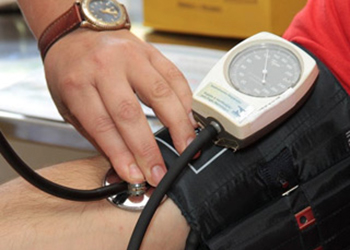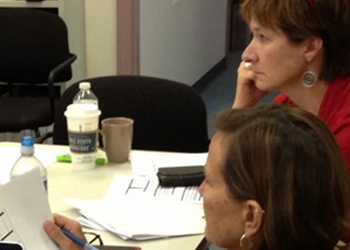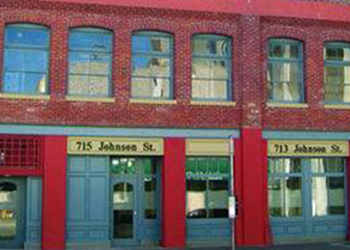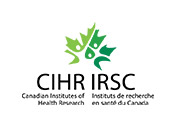The EQUIP Primary Health Care project set out to improve the care that people get when they go to a clinic. We especially wanted to improve care for people who find it hard to get good care. Good care means feeling respected, listened to, and getting help with things that are important to you. We worked with primary health care (PHC) clinics to see where and how they can better provide equity-oriented care to their clients, particularly those experiencing marginalization.
Four community health clinics, two in Ontario and two in British Columbia, worked with the EQUIP Primary research team to study the impact of enhancing health care for patients experiencing health and social inequities. We implemented, over the course of a year, a complex, multi-component intervention that included staff education, facilitation and integrating tailored, equity-specific strategies to suit each clinic’s context.
We interviewed patients, and clinic staff and leaders to understand:
- how each clinic works and who their patients are
- how patients feel about the care they receive
- what areas could be improved to serve patients even better
We interviewed 567 patients four times over 2 years. We also surveyed 86 staff members, and did longer interviews with 31 staff members at the clinics.
The EQUIP patient interviews helped us to understand why it is so important for clinics to try to provide the best care possible, especially for people facing challenges like housing problems, substance use, low income and trauma/violence. Providing safe, respectful health care is the right thing to do… AND it can help to improve people’s health!
Main research questions
The EQUIP Primary team was guided by these main questions:
1. How do we measure equity?
We worked to identify, refine and put into action indicators that were equity-sensitive and relevant for marginalized populations within a Primary Health Care context.
2. How can equity be translated into administration, care, and other practices of primary health care clinics?
We measured the impact of an innovative, complex, multi-component, organization-level intervention that explicitly aimed to promote health equity for marginalized populations at four diverse PHC agencies (in BC and ON), using a participatory, mixed methods, multiple case study design.
3. How does equity in primary health care link to the broader context of social justice?
We analyzed policy and funding contexts using a social justice and equity framework to determine the gaps to be addressed, and opportunities to foster equity-oriented interventions in the PHC context.
While EQUIP Primary Health Care is now in the final stages of research, new projects building upon the lessons learned have already begun!






